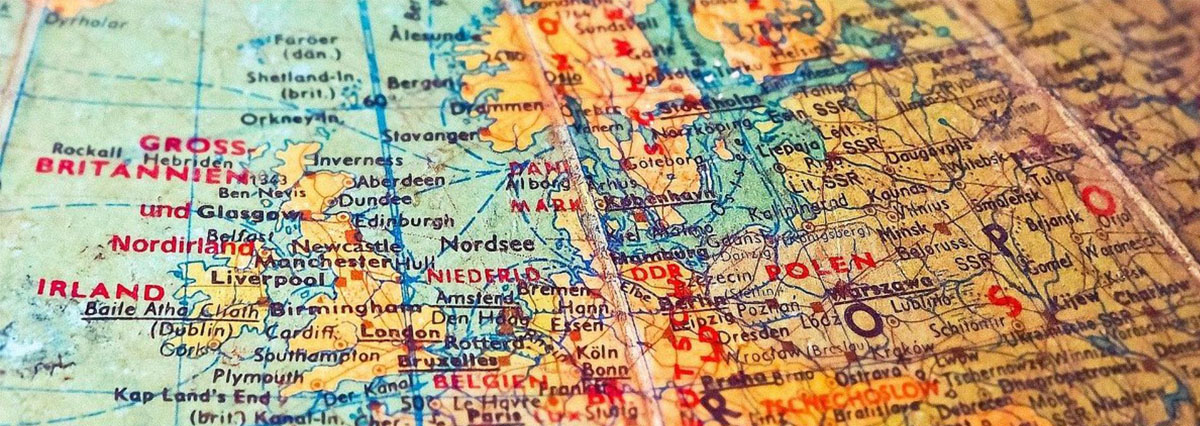Just before the 16 February election, Q4 2018 recorded the highest growth since Q3 2015, at +2.4% y/y. Telecoms (+16.7% y/y in Q4) made the bulk of this growth (about 60% in Q4, and 50% of the +1.9% growth for all of 2018). The increasing penetration rate of mobile phones can be useful for bancarization purposes (37% of the Nigerians do not have a banking account). A tectonic move was just decided, since mobile operators are now allowed to propose mobile banking (in the past, Nigerians needed to have a bank account in order to have an access), with the potential to increase the mobile banking penetration rate from the current very low 1% (80% of the population have mobiles, half of which have a smartphone). The low access to banking services is one bottleneck among others that weigh on Nigeria’s growth potential. In 2018, a good crop made another 25% of the growth performance. So, excluding telecoms and agriculture, the Nigerian economy was near stagnation. In 2019, we expect GDP growth to stabilize at +2.2%.






-(2).jpeg)








